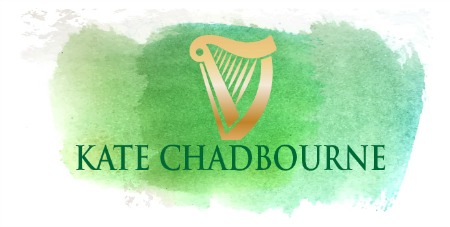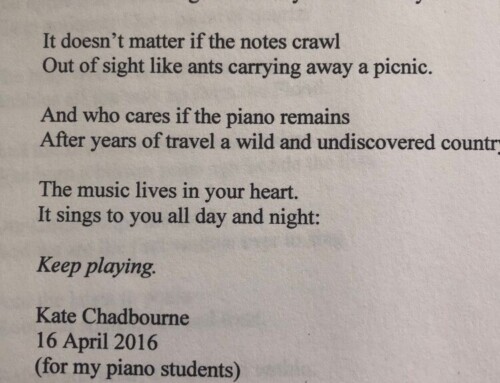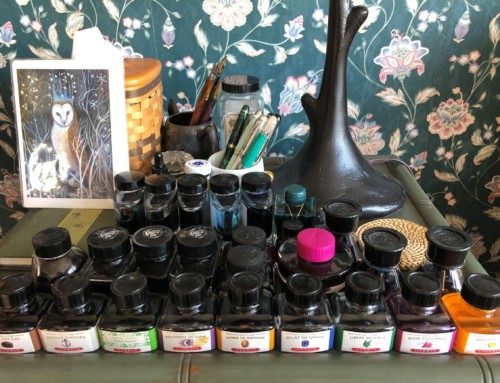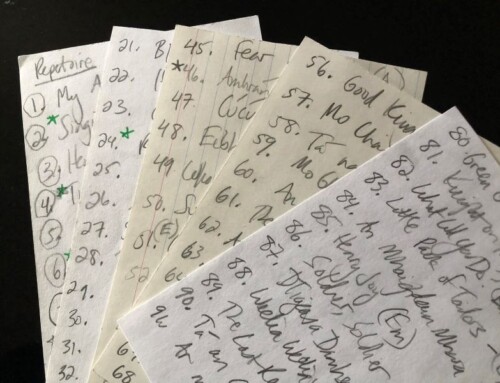The right tools for the job give us wings. They are collaborators, conspirators, co-authors and co-creators. With use, with long relationship, they become ensouled. They become more than the sum of their materials and parts. They become friends.
This is true of musical instruments, brushes and paints, recording equipment, ballet shoes, and garden trowels. It’s true of stand mixers and lumps of clay. And for wordsmiths, it’s definitely true of dictionaries.
Over the last few days of reading, I’ve undergone a frustration and a disappointment – but ultimately, I’m glad to say: an exultation! Here’s the story.
I’m reading Robert MacFarlane’s delicious book, “The Old Ways,” which apart from its literal and literary exploration of English paths and tracks also offers an enviable horde of words for landscape, geology, weather, and route. As I read, I keep a running list of words I want to learn more about; 50 pages in and the list includes at least 20 words, including: sarn, snicket, drong, bindlestiff, weald, and holloway.
I turned with confidence to my Compact Oxford English Dictionary. The gold standard, right? Not so fast, Chadbourne. Most of these words and the others on my list did not appear in its pages (though there was the adjectival form of weald – “Wealden,” preserved, I think, because it has remained as the name of a district in East Sussex which was once defined by – you guessed it – the “weald”).
Seeking “flexure” I found instead “flexecutive.” Granted, we need words for the new ways that people work, but I couldn’t stave off momentary frustration that this excellent dictionary had succumbed to the same “updated” thinking that removed words like “otter,” “bluebell,” and “heron” from the Oxford Junior Dictionary – an omission redressed with great beauty in “The Lost Words” by none other than MacFarlane and Welsh artist Jackie Morris. (BTW, this is now one of my all-time favorite books, given as a gift to some of my favorite people; read about it here: https://www.theguardian.com/…/the-lost-words-robert-macfarl…).
I decided I needed to get back to basics. I needed a dictionary from before the world – and the words – changed, before the internet took over our lives (believe me, I’m not complaining; I’m able to share this reflection with you, my friends, because of that change). In short, I needed a dictionary from the 1970’s or before, one that might give shelter to lovely old words evicted by the likes of “broadband” and “megabyte.”
Where was my old dictionary – the one I’d had since I was about 9 years old, the one that stank of mold, the one with the foxing on the top edge and my name scribed in a young hand, “Katie Chadbourne”?
Gone. Purged in a moment of madness (and mold-fear). Here was the disappointment. How could I have been so short-sighted to say goodbye to this old friend, even with its olfactory issues? I berated myself – and then I went a-hunting.
There, on amazon, I found it: the 1977 version of Webster’s New Collegiate Dictionary in the very same red board and faded gilt of my girlhood. Score – and yes, elation!
With the availability of good and even great online dictionaries, do I really need this? Mind says: no. Soul says: definitely.
I like to sit first thing in the morning on the bench outside the back door, inches from the hummingbird feeder, and read with a pen in hand. I don’t want my phone or my Kindle or any other device to share this sacred time; believe me, I gobble novel after novel in digital format – but this is different.
When I’m stumped, I want the thrill of seeking and finding in actual pages within an actual cover. In these hours, I’m learning in a sweet old way. A calm, focused, pleasurable, real-in-the-hand way. No online ads or beeping notifications. Sun rising, hummers thrumming up to the feeder, squirrels arguing in the trees, goldenrod waving on the margins, woman on a bench reading.
Beside her, the Compact OED which, while somewhat tarnished by recent events, still boasts pretty endpapers and some nice etymologies. Soon, alongside that, an old cherished friend, Webster’s, restored to its rightful place beside the learner.
And the morning air alive with words!




